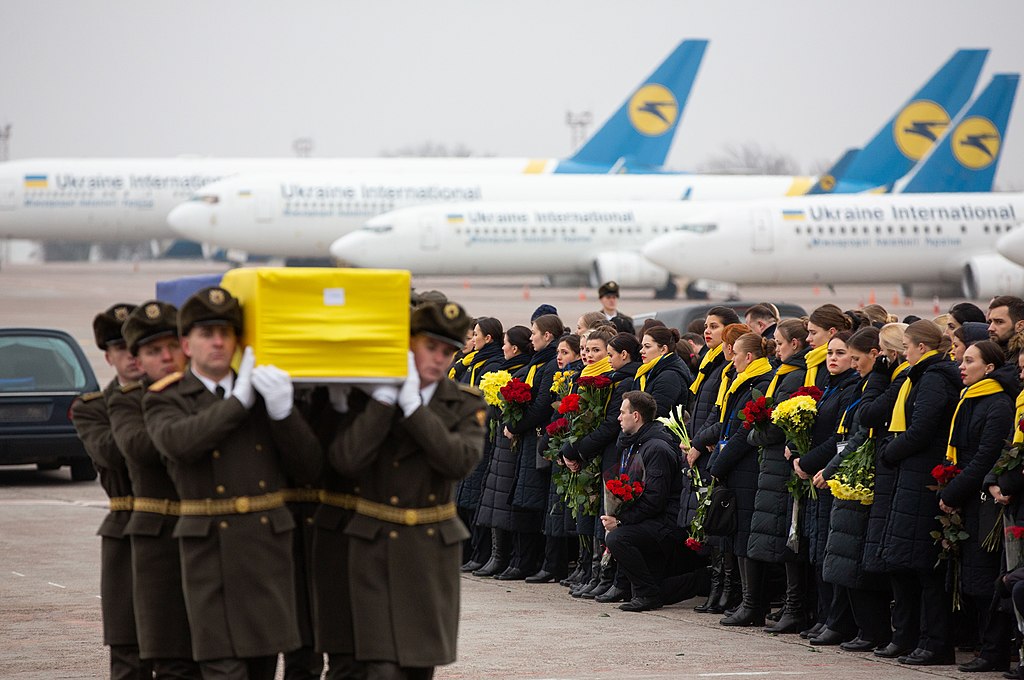In recent years, the aviation industry has faced significant challenges in maintaining the safety of civilian aircraft. Incidents such as the shooting down of Ukraine International Airlines flight PS 752 have highlighted the need for stronger measures to prevent similar tragedies.
Recognizing this urgency, the International Civil Aviation Organization (ICAO) has spearheaded the Safer Skies initiative, a proactive approach towards conflict zone risk management.
This article explores the importance of Canada’s Safer Skies initiative and the collaborative efforts required to ensure the safety of passengers and crew.
The Third Safer Skies Forum
On 5 and 6 June, the Governments of Canada and the Netherlands organized the Third Safer Skies Forum in Rotterdam and The Hague.
This international gathering brought together representatives from various countries, including Australia, Canada, France, Germany, Kenya, Morocco, the Netherlands, the Republic of Korea, and the United States.
The forum also included participation from key industry organizations such as CANSO, IATA, IFALPA, and IFATCA, ensuring a comprehensive dialogue on aviation safety.
ICAO Council President Salvatore Sciacchitano expressed his gratitude to Canada and the Netherlands for hosting the event.
He emphasized the significance of ramping up the political momentum and fostering global cooperation to implement the Safer Skies initiative effectively.
Mr. Sciacchitano highlighted that the shooting down of civilian aircraft is absolutely unacceptable and often results from ineffective civil-military coordination, limited information exchange, including intelligence sharing, and, ultimately, human error.
Addressing Conflict Zone Risks
ICAO recognizes the paramount importance of addressing the risks posed by conflict zones to civil aviation. Both states and operators must diligently assess these risks and take appropriate measures to ensure the safety of flights.
The organization extends its full support to activities aimed at managing and mitigating these risks effectively. By doing so, ICAO seeks to prevent similar incidents from recurring and promote safer skies worldwide.

Canada’s Safer Skies initiative was launched in response to the tragic downing of Ukraine International Airlines flight PS 752 in January 2020.
The initiative has garnered support from the ICAO Council and the ICAO Assembly, indicating a collective commitment to preventing such events in the future.
Mr. Sciacchitano emphasized the need for unwavering commitment to ensure the effectiveness of the initiative, highlighting that the shooting down of flight PS 752 was not an isolated incident.
Learning from Past Incidents
Several historical incidents, including the 1983 shooting down of Korean Airlines flight 007 by a military aircraft, have shaped ICAO’s approach to aviation safety.
In response to such incidents, the ICAO Assembly amended the 1944 Chicago Convention to ensure that states refrain from using weapons against civil aircraft in flight. However, despite this commitment, instances of weapons being used against civilian aircraft still persist.
ICAO’s guidance to states and operators has evolved over time based on recommendations and investigations into these incidents.

The Dutch Safety Board’s Final Report on the downing of MH 17 and the Final Report by the Civil Aviation Organization of Iran on the loss of flight PS 752 have led to various safety recommendations.
These recommendations have prompted the development of the Risk Assessment Manual for Civil Aircraft Operations Over or Near Conflict Zones (Doc 10084) in collaboration with the Kingdom of the Netherlands.
Additionally, ICAO has been responsive to proposals from affected states and industry organizations, aiming to enhance international civil aviation safety and security.
The ICAO Accident Investigation Panel is actively addressing concerns about investigations into aircraft downings, particularly those involving the independence and credibility of the Accident Investigation Authority.
Furthermore, the recent 41st Session of the ICAO Assembly resulted in a prioritized review of the Risk Assessment Manual, indicating a commitment to continuous improvement.
Strengthening Safety Measures
To further reinforce aviation safety, ICAO is working diligently to incorporate feedback and inputs from member states and industry organizations. These contributions are currently under review and analysis in close coordination with the Safer Skies Committee.
By the end of this year, ICAO plans to release the third edition of the Risk Assessment Manual, integrating the valuable insights gathered. In addition, a dedicated workshop program is being developed to facilitate knowledge sharing and effective implementation of the manual.
Mr. Sciacchitano concluded by emphasizing that while flight safety has significantly improved over the years, even a single accident is one too many. The Safer Skies initiative, along with continuous collaboration and global cooperation, serves as a crucial step towards ensuring the safety of passengers and crew worldwide.
By proactively addressing conflict zone risks, sharing expertise, and implementing robust risk management practices, Canada’s Safer Skies initiative aims to prevent future tragedies and maintain the highest standards of aviation safety.
In conclusion, the Safer Skies initiative is a crucial step towards avoiding the recurrence of tragic incidents involving civilian aircraft.
The commitment of states, the collaboration between industry organizations, and the continuous improvement of safety measures are essential in achieving this goal.
By ramping up the political momentum and enhancing the exchange of technical expertise, ICAO seeks to foster global cooperation that will underpin the successful implementation of the Safer Skies initiative.

